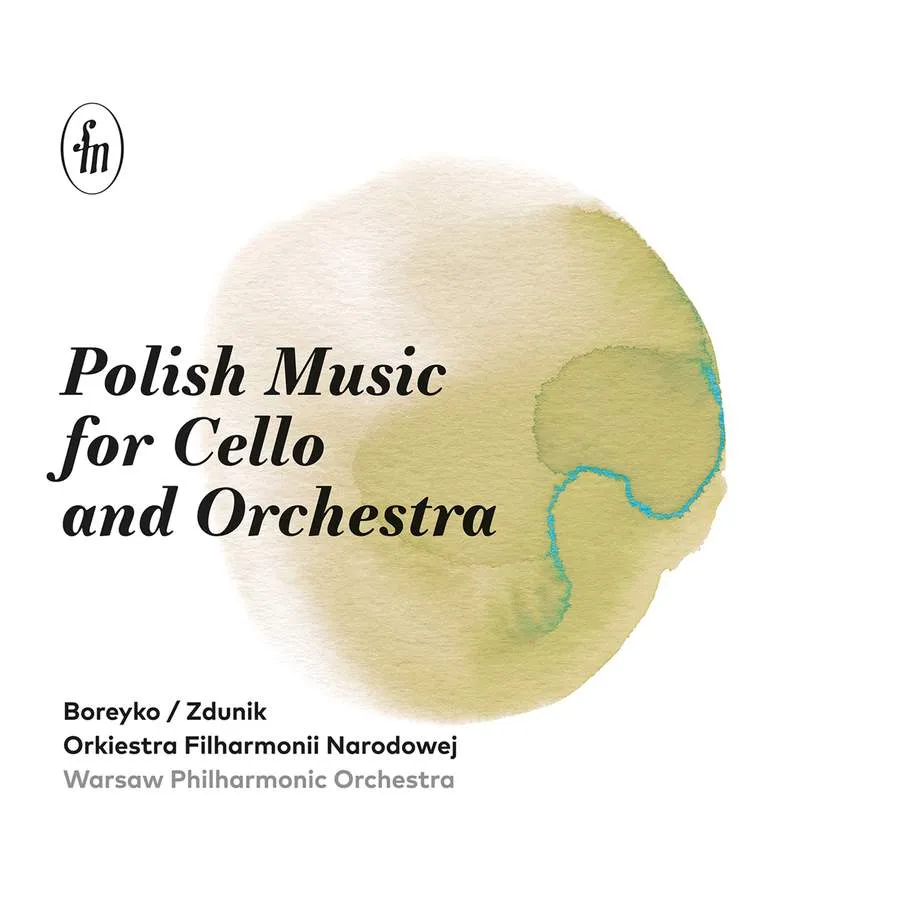
Polish Music for Cello and Orchestra Works by Bacewicz, HH Jabłoński, Magin and Tansman Marcin Zdunik (cello); Warsaw Philharmonic Orchestra/Andrzej Boreyko CD Accord ACD313 77:49 mins
This release showcases four works scarcely known even among cellists yet well worth the attention of a wider audience. The composers have little in common, other than that three were born in Łódź and two settled as emigrés in Paris; each receives an outstanding performance bound to win new friends.
Aleksander Tansman and Grażyna Bacewicz are at least recognised now as belonging among the first rank of 20th-century Polish composers, but these performances still shed fresh light. Tansman’s Fantasy for Cello and Orchestra has little of the spiky modernism or neo-Classicism that usually reflects his Parisian musical environment. It was composed for the Ukrainian cellist Gregor Piatigorsky, who premiered many concertos including Walton’s – and the way in which this 13-minute work embraces both luminosity and swagger suggests an unexpected kinship with the English composer. Bacewicz’s Cello Concerto No. 1 is a well-behaved three-movement work written in the aftermath of Stalinist strictures, but for all its clarity it is never dry. The Warsaw Philharmonic premiered it in 1951 with the Czech cellist Miloš Sadlo (a Casals pupil), and still audibly relishes this music.
Marcin Zdunik brings clean, elegant playing and reserves of warmth to all the solo parts, also making the case for the Gdańsk-born Henryk Hubertus Jabłonski’s C-67, a compact score sitting between modernism and post-Romanticism. The longest work is the Cello Concerto of Miłosz Magin (also a celebrated Chopin pianist), drawing on folk influences and built around a heartfelt slow movement.
John Allison